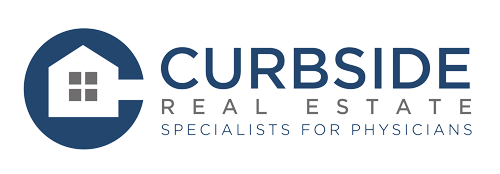Physician Loans vs. FHA & Conventional: Key Differences

Navigating the home loan landscape can be a maze, especially with various loan types available. Physicians, in particular, have unique financial situations that might make certain types of loans more advantageous. Here, we’ll delve into the differences between physician home loans and the more common FHA and conventional loans.
Down Payment:
– Physician Loans: Often require little to no down payment.
– FHA Loans: Requires a minimum down payment, typically 3.5%.
– Conventional Loans: Typically require a 20% down payment, though it can be as low as 3% in some cases.
Private Mortgage Insurance (PMI):
– Physician Loans: Generally, no PMI required, regardless of the down payment amount.
– FHA Loans: Requires both an upfront mortgage insurance premium and an annual premium.
– Conventional Loans: Requires PMI if the down payment is less than 20%.
Loan Limits:
– Physician Loans: Typically have higher loan limits tailored to physicians’ income potential.
– FHA Loans: Have set loan limits that vary by county.
– Conventional Loans: Conform to limits set by the Federal Housing Finance Agency.
Eligibility & Qualification:
– Physician Loans: Designed exclusively for medical professionals, including residents and fellows.
– FHA Loans: Available to all, but borrowers must meet specific credit and income requirements.
– Conventional Loans: Require a higher credit score than FHA loans.
Flexibility with Student Loans:
– Physician Loans: Often more lenient when considering student loan debt during the approval process.
– FHA & Conventional Loans: Typically less flexible regarding student debt.
Physicians have unique opportunities when it comes to home financing. By understanding the distinctions between physician home loans and FHA or conventional loans, you can make an informed decision tailored to your needs.
Schedule a Curbside Consult with our team of experts to further explore which loan type suits your individual situation best. If you’re on a tight schedule, simply complete the consult form and we’ll match you with the best resources.
Disclaimer: The information provided in this article is for informational purposes only and should not be construed as financial or mortgage advice. Always consult with a financial advisor or mortgage professional before making any decisions.
